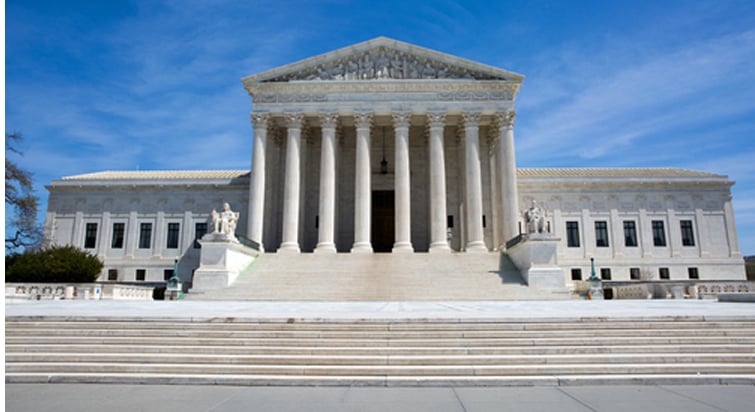Supreme Court gives second chance to death-row inmate denied funding for an investigator

A federal appeals court applied a legal standard that was too tough when it denied funding to a death-row inmate seeking an investigator to show ineffective assistance of counsel, the U.S. Supreme Court has ruled.
The appeals court required a showing of a “substantial need” for the services, which is inconsistent with the federal statute authorizing funding for services that are “reasonably necessary,” the Supreme Court said on Wednesday.
Justice Samuel A. Alito Jr. wrote the unanimous opinion for the court.
“What the statutory phrase calls for,” Alito said, is “whether a reasonable attorney would regard the services as sufficiently important,” guided by considerations discussed in the court’s opinion.
The ABA had filed an amicus brief in the case arguing that that New Orleans-based 5th U.S. Circuit Court of Appeals had made it too difficult to obtain funding. The ABA had argued the “substantial need” rule “effectively requires counsel to establish a viable claim on the merits before the circuit will authorize the funding needed to investigate the merits.” The rule is “restrictive and circular,” the ABA argued.
Alito said a person seeking funding “must not be expected to prove that he will be able to win relief if given the services he seeks.” But the “reasonably necessary” test “cannot be read to guarantee that an applicant will have enough money to turn over every stone,” he added.
The statute requires courts to consider potential merits of the claim that an inmate is trying to pursue, the likelihood that the services sought will produce useful and admissible evidence, and the prospect that the inmate will be able to clear procedural hurdles, Alito said.
The inmate, Carlos Manuel Ayestas, was convicted in 1997 in a Texas court for joining with two accomplices who entered the home of a Houston woman and bound her with duct tape, then beat and strangled her before stealing her belongings.
Ayestas’ trial lawyers presented little mitigation evidence, partly because he refused to allow the lawyers to contact his family members in Honduras until the eve of trial. The only evidence mitigating against the death penalty consisted of three letters from Ayestas’ English instructor, who said he was a serious student who was progressing well.
On a habeas appeal, Ayestas’ fourth set of attorneys alleged his trial lawyers were ineffective for failing to conduct an adequate mitigation investigation that would have shown he was mentally ill and had a history of drug and alcohol abuse.
In a concurring opinion, Justice Sonia Sotomayor said “there should be little doubt” that Ayestas satisfied the standard that should have been applied. Justice Ruth Bader Ginsburg joined Sotomayor’s concurrence.
The case is Ayestas v. Davis.
Hat tip to SCOTUSblog.



